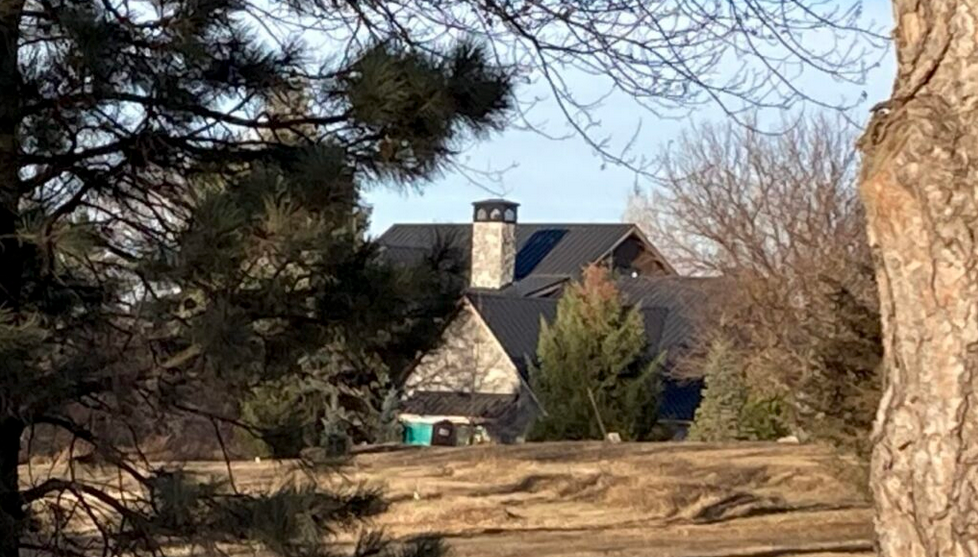
Cause of death undetermined despite report of ‘suspected’ suicide note
By PAUL HAMMEL
Nebraska Examiner
LINCOLN — A Lincoln businessman, implicated in Nebraska’s largest case of bank fraud, died of a drug overdose, according to a state death certificate filed Friday.
But the manner of Aaron Marshbanks’ death “could not be determined,” the certificate stated, which means it could not be resolved if he committed suicide or died of other reasons, including accidentally or due to natural causes.
Marshbanks, 45, was found unresponsive in his car Nov. 2 in a downtown Lincoln parking garage.
That was more than a month before it was revealed that he had obtained more than $50 million in loans fraudulently from a number of financial institutions in Nebraska and Iowa.
Financial statements fabricated
The loans, often obtained by providing phony statements listing millions in non-existent investment accounts as collateral, were used to purchase dozens of rental homes in the Omaha and Lincoln areas, and in Louisiana, and for general business expenses.
The official death certificate, obtained by the Examiner, had been delayed for several months awaiting tests from an out-of-state lab. It stated that Marshbanks died of a combination of fentanyl, pentobarbital and metocholpramide toxicity.
Daniel Zieg, chief deputy Lancaster County attorney, signed the death certificate attesting to the “manner of death” as undetermined. He did not return a phone message immediately Friday about that determination.
Suspected suicide note
Lincoln police have said a “suspected” suicide note was found in Marshbanks’ car.
Fentanyl is a powerful opioid — 50-100 times more potent than morphine — that is used medically as a pain reliever but is also highly addictive. It was used as part of a cocktail of drugs in the last lethal injection execution in Nebraska in 2018.
Pentobarbital, a powerful sedative, is used by several states in carrying out a death sentence.
Metocholpramide, according to the National Institutes of Health, is used to treat nausea and vomiting in patients with chronic acid reflux and is sold under the brand name Reglan.
Ed Hotz, the Omaha attorney assigned to sort out whether assets remain to pay back unsecured loans and other debts incurred by Marshbanks, said Friday that the finalization of the death certificate will be helpful. He said it will allow him unfreeze some assets and to determine whether life insurance exists to repay the more than two dozen banks, savings and loans and credit unions that have filed claims against the estate.
Some debts resolved
Some banks, which had rental properties posted as collateral, and at least one business partner have been able to reclaim their debts by selling the homes.
A Lincoln police investigator told the Lincoln Journal Star that police responded to a parking garage at 13th and M Streets on Nov. 2 after Marshbanks sent a “concerning email” saying he would be found in his Audi Q5.
Among the items found in the car was a “suspected suicide note,” the newspaper reported.
Life insurance policies often include a “suicide exclusion,” which prevents someone from taking their own life and then providing a generous payoff to survivors.
State law, however, prohibits such suicide exclusions to extend more than two years, according to Robert Bell of the Nebraska Insurance Federation.
Hotz said the life insurance policies he has seen in the Marshbanks case are at least 10 years old, so such an exclusion likely doesn’t apply.




